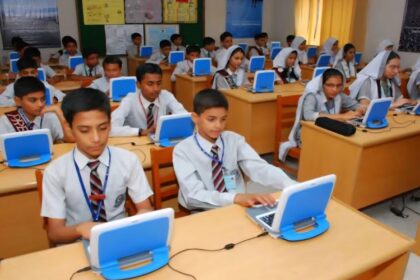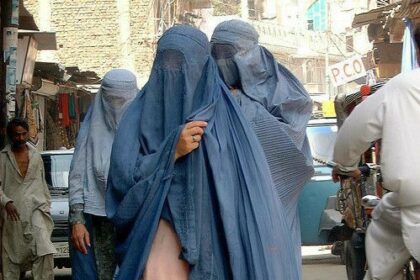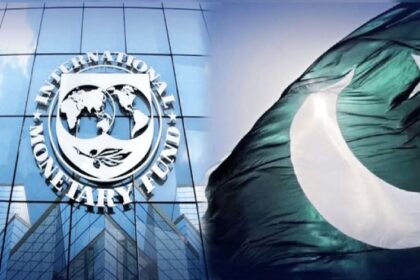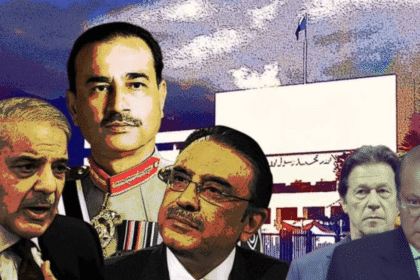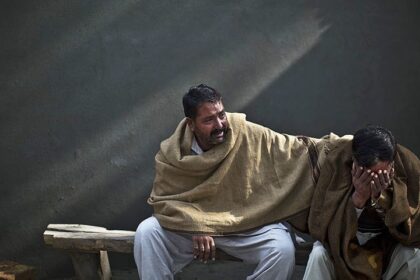Pakistan has called for a clearer definition of the “rule of law”, pointing out that the much-advocated idea of its equal application is being undermined by some countries, particularly Israel, due to its actions in Palestine and the Middle East.
Speaking at the UN General Assembly’s Sixth Committee in New York, Pakistan’s permanent representative to UN Ambassador Munir Akram drew the members’ attention to how the principle of the “rule of law” was being destroyed on the global stage. He said the world was witnessing the principle being undermined in the “genocidal war” imposed on Palestinians and people in the Middle East.
He pointed to several violations, such as breaches of international humanitarian law, the dismantling of arms control treaties, and human rights abuses under foreign occupation. He mentioned violence and discrimination against religious and ethnic minorities and targeted killings in foreign countries as further evidence of the degradation of the rule of law.
Pakistan’s envoy suggests a UN committee to play a role in restoring global order by clarifying definition of rule of law
Despite these violations, the ambassador said, some countries still advocate for adherence to the “rule of law” but only in ways that suit their own interpretations. He stressed the need for the UN committee to play a role in restoring global order by clarifying the definition of the “rule of law”. He raised important questions about the relationship between national and international law, and whether current laws are being properly applied or ignored.
Most speakers at the debate talked about the importance of inclusive and equal participation in law and justice systems at both national and international levels, calling them critical components of upholding the rule of law. In response, Ambassador Munir Akram said the fundamental principles enshrined in the UN Charter, such as the right to self-determination, state sovereignty, and territorial integrity, were key elements of the rule of law.
He expressed concern that some nations oppose these principles, leading to their exclusion from the recently-adopted Pact for the Future. He said that in addition to the UN Charter, international treaties like the Geneva Conventions and human rights agreements, were also essential components of the rule of law. He said that all UN member states were under legal obligation to implement Security Council decisions.
Munir Akram calls right to self-determination, state sovereignty, and territorial integrity key elements of rule of law
Munir Akram noted that several international declarations have gained the status of Common Law, which must be respected by all. He voiced concerns about the selective interpretation of international laws and the imposition of restrictive norms by non-inclusive forums, and cited the Missile Technology Control Regime as an example. He argued that norms developed in restricted, unofficial settings should not be imposed globally, and added that their enforcement through UN Security Council resolutions was unacceptable.
He stressed the need for drafting international laws in inclusive forums to ensure equal participation by all member states. He gave the examples of the UN Convention on the Law of the Sea and the newly-adopted treaty on Biodiversity Beyond National Jurisdiction, saying they embodied inclusive legal frameworks. The ambassador called on the committee to assign the International Law Commission the responsibility of elucidating concept of the rule of law. He also proposed obtaining an advisory opinion from the International Court of Justice.







